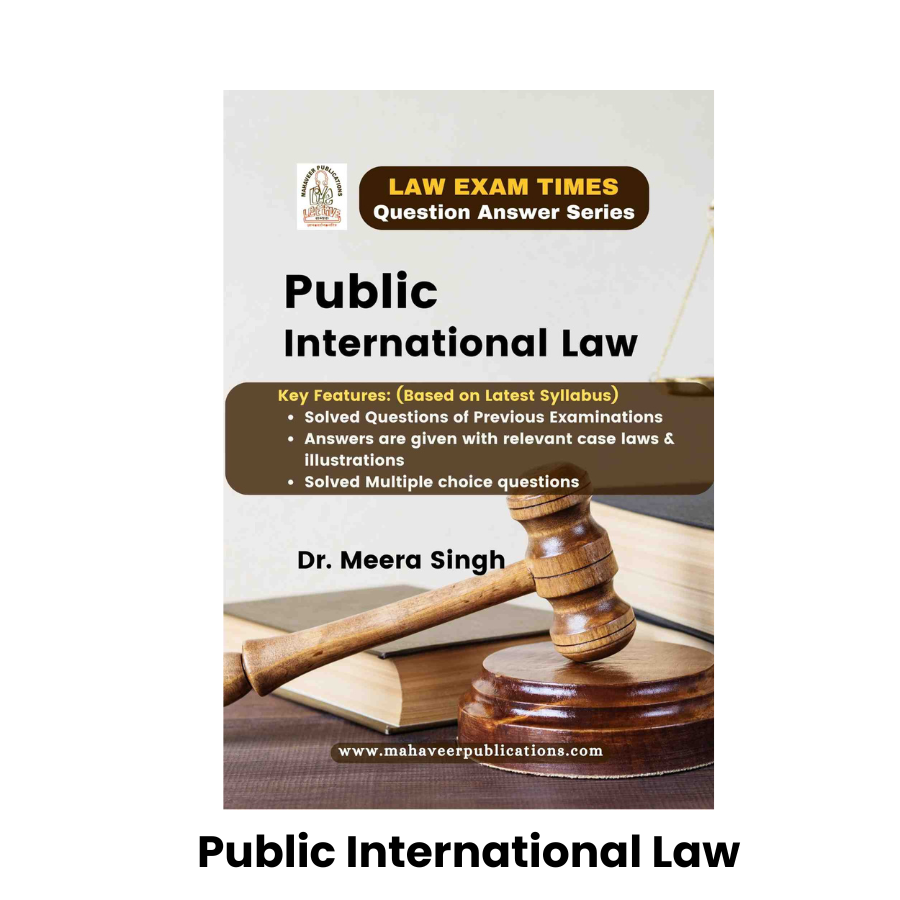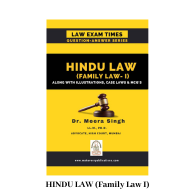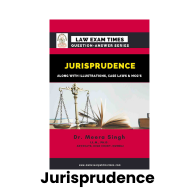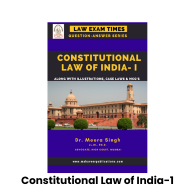

Public International Law
Inhouse product
-
Rs212.50
Rs250.00 -
Rs254.15
Rs299.00 -
Rs288.00
Rs300.00 -
Rs276.25
Rs325.00 -
Rs255.00
Rs300.00 -
Rs308.00
Rs350.00
Reviews & Ratings
Public International Law : Law Exam Times Question Answer Series
By Dr. Meera Singh | Published by Mahaveer Publications
The Law Exam Times Question Answer Series on Public International Law, authored by renowned academic Dr. Meera Singh and published by Mahaveer Publications, is a powerful and exam-focused resource tailored specifically for LL.B, LL.M, and Judicial Service aspirants. Designed to simplify complex international legal concepts through a structured question-answer format, this book is an essential tool for mastering both foundational principles and advanced applications in Public International Law.
Covering key topics like the history and nature of international law, sources and jurisdiction, recognition and extradition, treaties and dispute resolution, and war and international organizations, this guide offers in-depth explanations, relevant case laws, and practical insights—making it perfect for both academic success and competitive exam preparation.
With clarity, precision, and a clear exam-oriented approach, this book empowers students to tackle 16-mark questions with confidence and accuracy. Whether you're studying for university exams or aiming for a judicial career, this edition provides the conceptual strength and practice-ready content you need.
Frequently Bought Products
Law of Torts, Motor Vehicle Act & Consumer Protection Act
Code of Criminal Procedure
Law of Contract 1
Hindu Law - Family Law 1
Jurisprudence
Insurance Law
Constitutional Law of India I
Labour & Industrial Law -2
Product Queries (0)
Login Or Registerto submit your questions to seller
Other Questions
No none asked to seller yet
-
Rs212.50
Rs250.00 -
Rs254.15
Rs299.00 -
Rs288.00
Rs300.00 -
Rs276.25
Rs325.00 -
Rs255.00
Rs300.00 -
Rs308.00
Rs350.00















